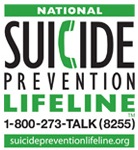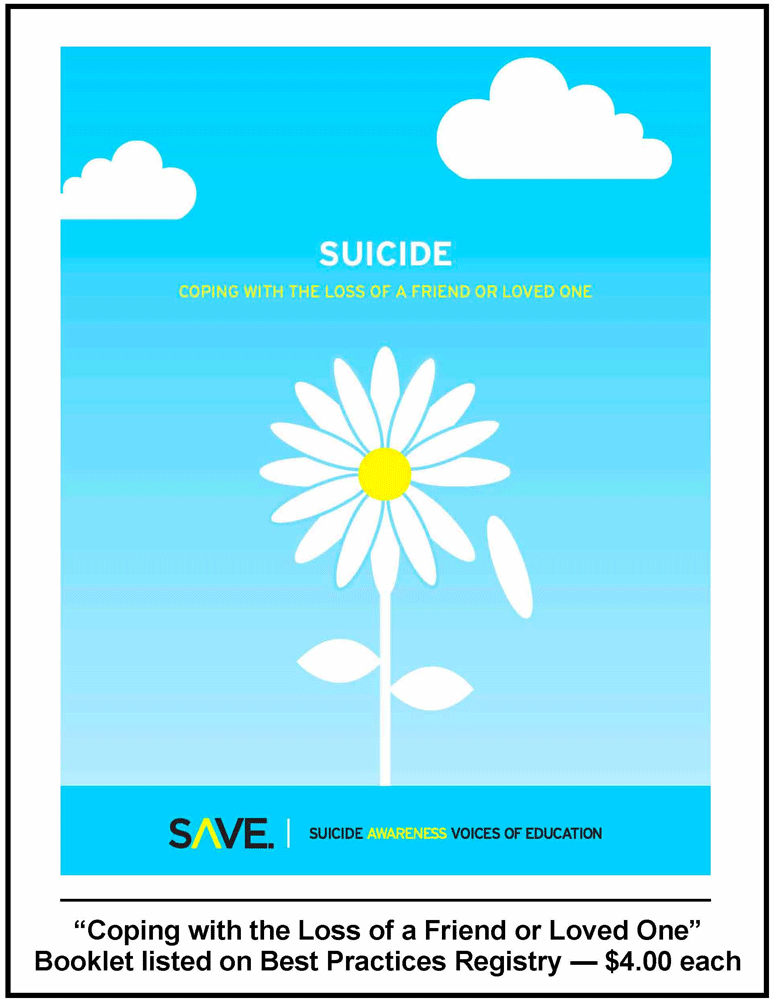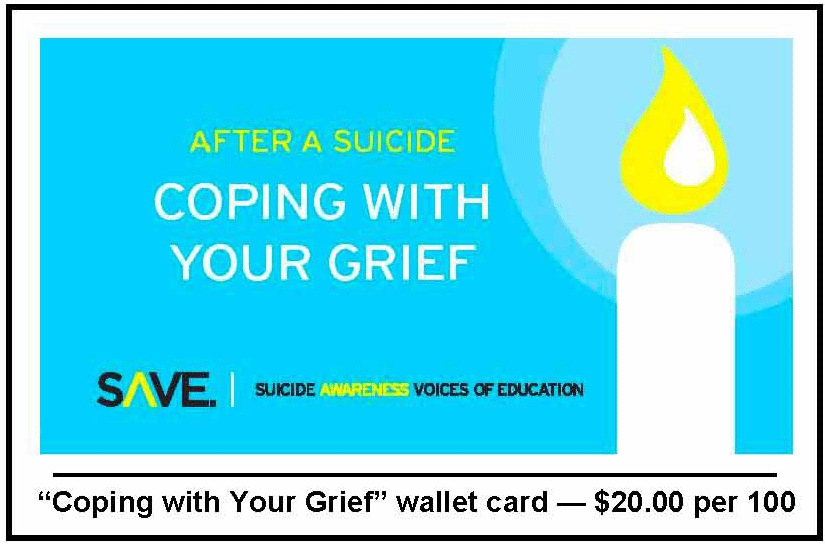New Book Is Essential Text on Suicide Grief
The field of suicide bereavement support got a boost late last year with the publication of a groundbreaking book, Grief after Suicide: Understanding the Consequences and Caring for the Survivors, edited by John R. "Jack" Jordan and John McIntosh. Two recent interviews with Jordan offer a glimpse of the new book.
In an interview with Sally Spencer Thomas, Jordan describes one of his key discoveries from the book:
This work helped me see even more clearly how much is going on simultaneously around the world. Suicide awareness and prevention have been coming out of the closet. Now survivors are too. I hope the book accelerates this.
In an interview conducted by the Samaritans of Boston and reprinted in Therese Borchard's column at PsychCentral, Jordan talks about the "social ambiguity" that often affects people who have lost a loved one to suicide:
Many societies have ostracized, shunned, or punished the family of the person who died by suicide. In the developed world, that’s beginning to be replaced by social ambiguity. As mental illness becomes increasingly destigmatized, people may not condemn someone who died by suicide, but suicide creates much social awkwardness ... For example, they may wonder if it’s okay to mention the person’s name or use the word suicide.
Grief after Suicide -- featuring original chapters by Jordan, McIntosh, and several dozen contributors who are among the world's leading experts in the field -- is already establishing itself as the unrivaled text on the subject of suicide bereavement. Here are examples of what two experts -- a suicidologist and a thanatologist who happen not to be featured in the book -- have to say about it:
The experience of those bereaved by suicide cries out for more attention, both from research and from clinical perspectives. In this volume led by Drs. Jordan and McIntosh, this call is answered, with rigor, compassion, and wisdom, and from essential perspectives ranging from the international, to the impact on youth, to the impact on caregivers. Thomas Joiner (a survivor of his father's suicide), author of Why People Die by Suicide
This book is a cornucopia of rigorous scholarship and practical clinical guidance on bereavement and grief after suicide. The authors’ incisive writing styles are engaging and their chapters unfold as a coherent narrative of the complex aftermath of suicide. This comprehensive text will stimulate the theoretician, enlighten the empirical researcher, and enliven the clinician. -- Ted Rynearson (a survivor of his wife's suicide), author of Retelling Violent Death
- Franklin Cook's blog
- Log in to post comments






Comments
Franklin Cook
Tue, 09/06/2011 - 17:44
Permalink
Aussie journal calls book 'a landmark'